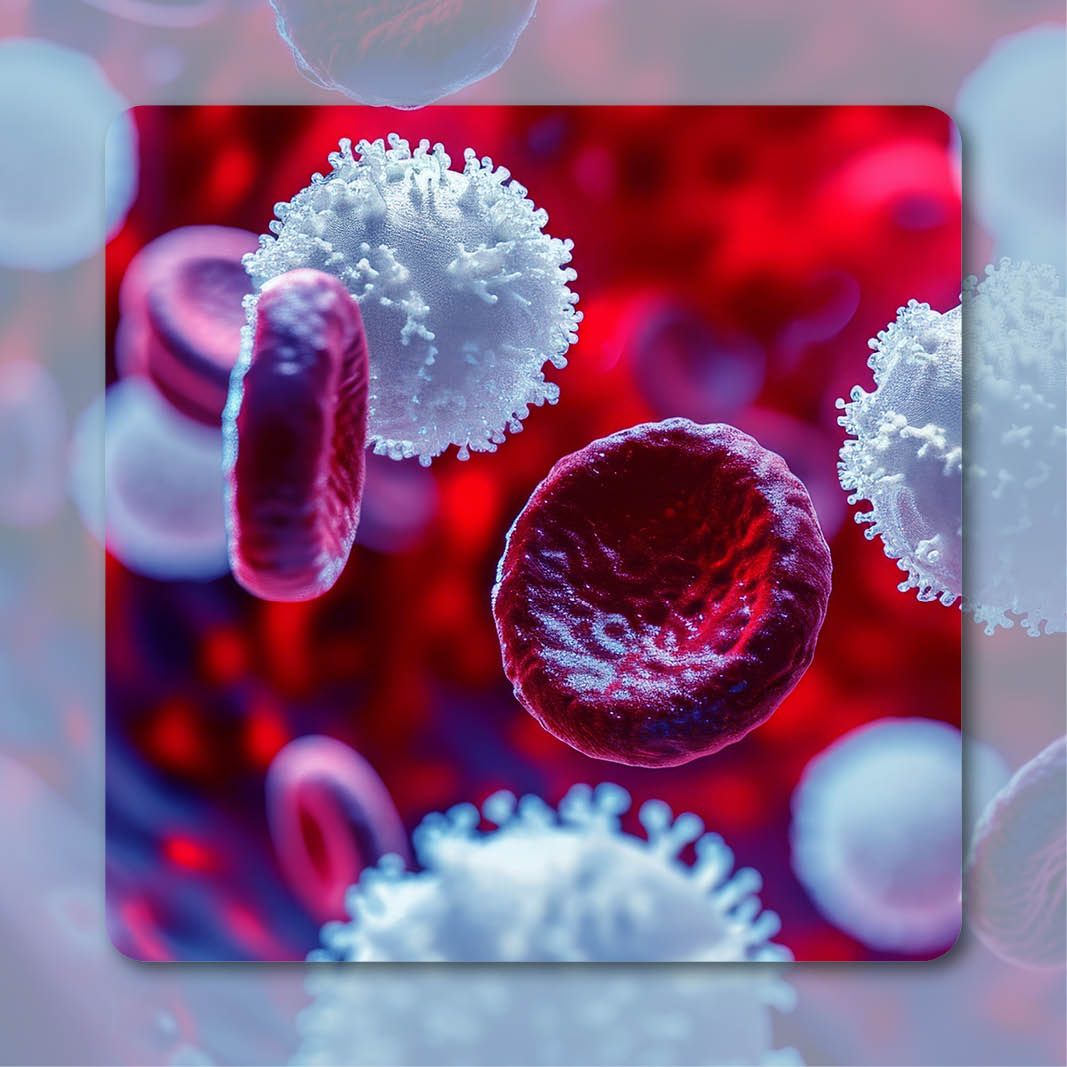Video
Dr. Siegel on Updated Results From the KarMMA-2 Trial in R/R Multiple Myeloma
David Siegel, MD, discusses the significance of updated data from cohort 2C of the phase 2 KarMMa-2 trial in multiple myeloma.
David Siegel, MD, PhD, chief, Division of Multiple Myeloma, John Theurer Cancer Center, Hackensack Meridian Health, discusses the significance of updated data from cohort 2C of the phase 2 KarMMa-2 trial (NCT03601078) in multiple myeloma.
The treatment of patients with relapsed/refractory, high-risk multiple myeloma is a dynamic area in myeloma clinical care, Siegel begins. However, patients with inadequate response to up-front therapy display a specific unmet need, Siegel continues. These patients are often treated with maintenance lenalidomide (Revlimid), but still experience an increased risk of disease progression and a decreased likelihood of achieving durable remission, he explains.
The KarMMa-2 trial was a multi-cohort, multi-phase study of the BCMA-directed CAR T-cell therapy idecabtagene vicleucel (Abecma; ide-cel) in relapsed/refractory high-risk multiple myeloma. Cohort 2C of the trial specifically evaluated the efficacy and safety of this agent in heavily pretreated patients who did not achieve high-level remission with frontline autologous stem cell transplantation (ASCT). The study's primary end point was complete response (CR) and updated results from the study indicate that ide-cel elicited frequent, deep and durable responses in this patient population, Siegel states. Moreover, the median duration of response for the total population increased from previously reported data, he says.
Despite its benefit, the distribution of CAR T-cell therapies can be constrained by the time of lymphocyte collection, Siegel notes. Lymphocytes collected earlier on in a patient’s treatment may be more active than those collected later, as patients have decreased exposure to immunosuppressive therapies and lymphotoxic agents, he explains. After being treated with high-dose melphalan-based ASCT, patients will remain untreated for extended periods of time. Despite this constraint, patients in this study experienced high-level responses with ide-cel, Siegel says.
Importantly, no new toxicity signals emerged from this trial, and the incidence of cytokine release syndrome and neurotoxicity was lower in these patients compared with those treated with ide-cel in later lines of the study.
Although long-term follow-up has not been completed, these data indicate a potential role for CAR T-cell platforms in earlier lines of therapy, Siegel concludes.









